









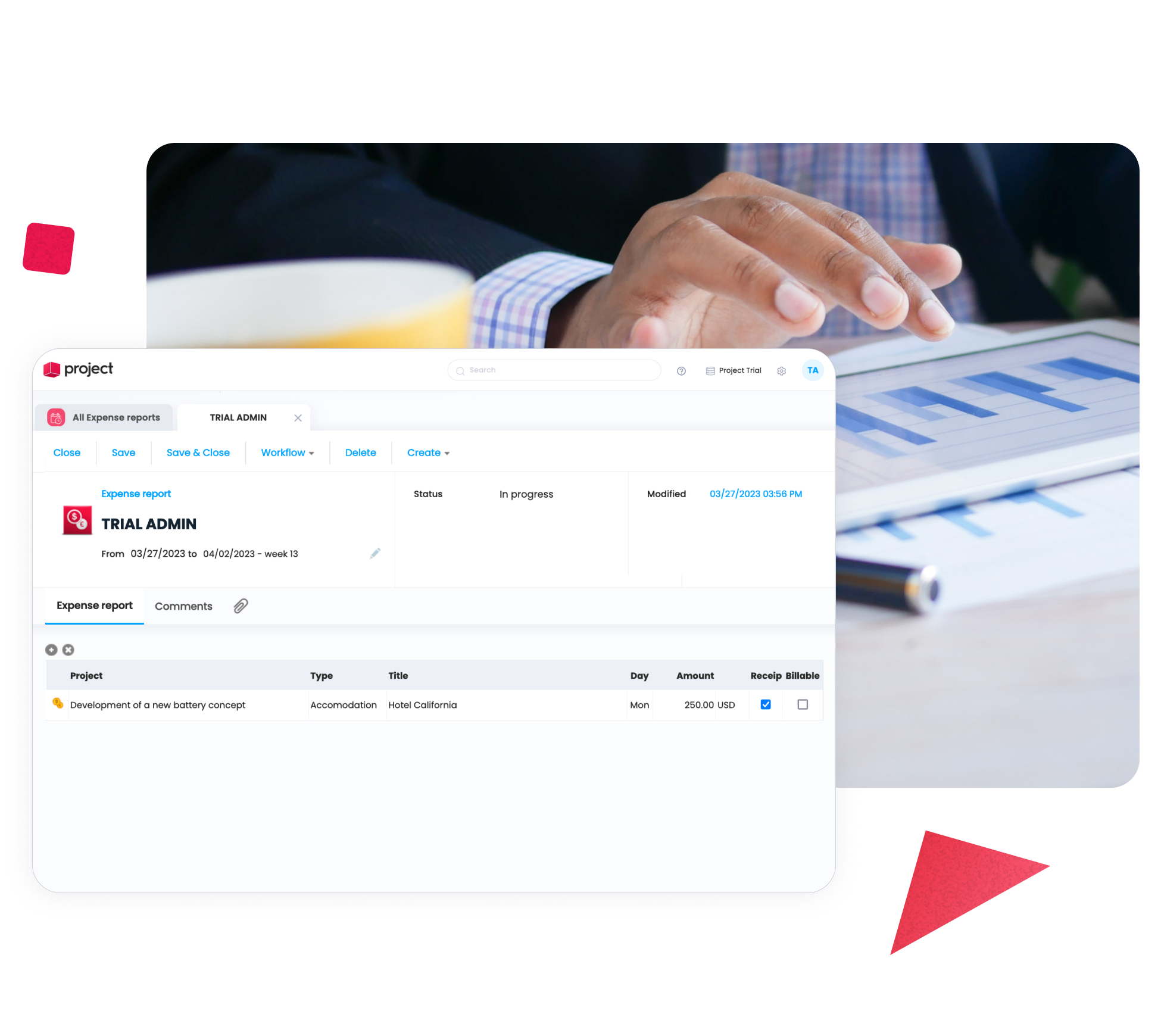
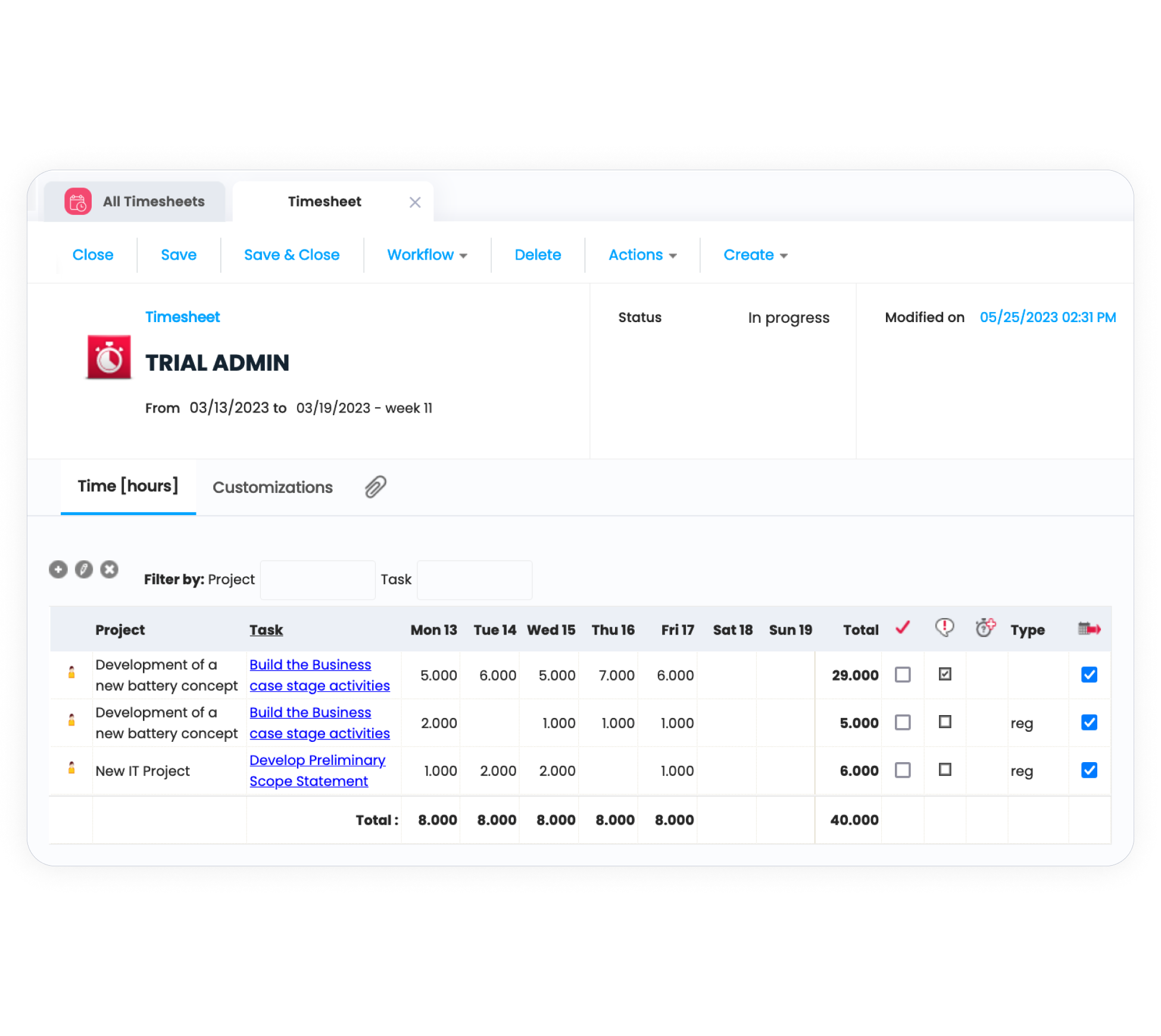
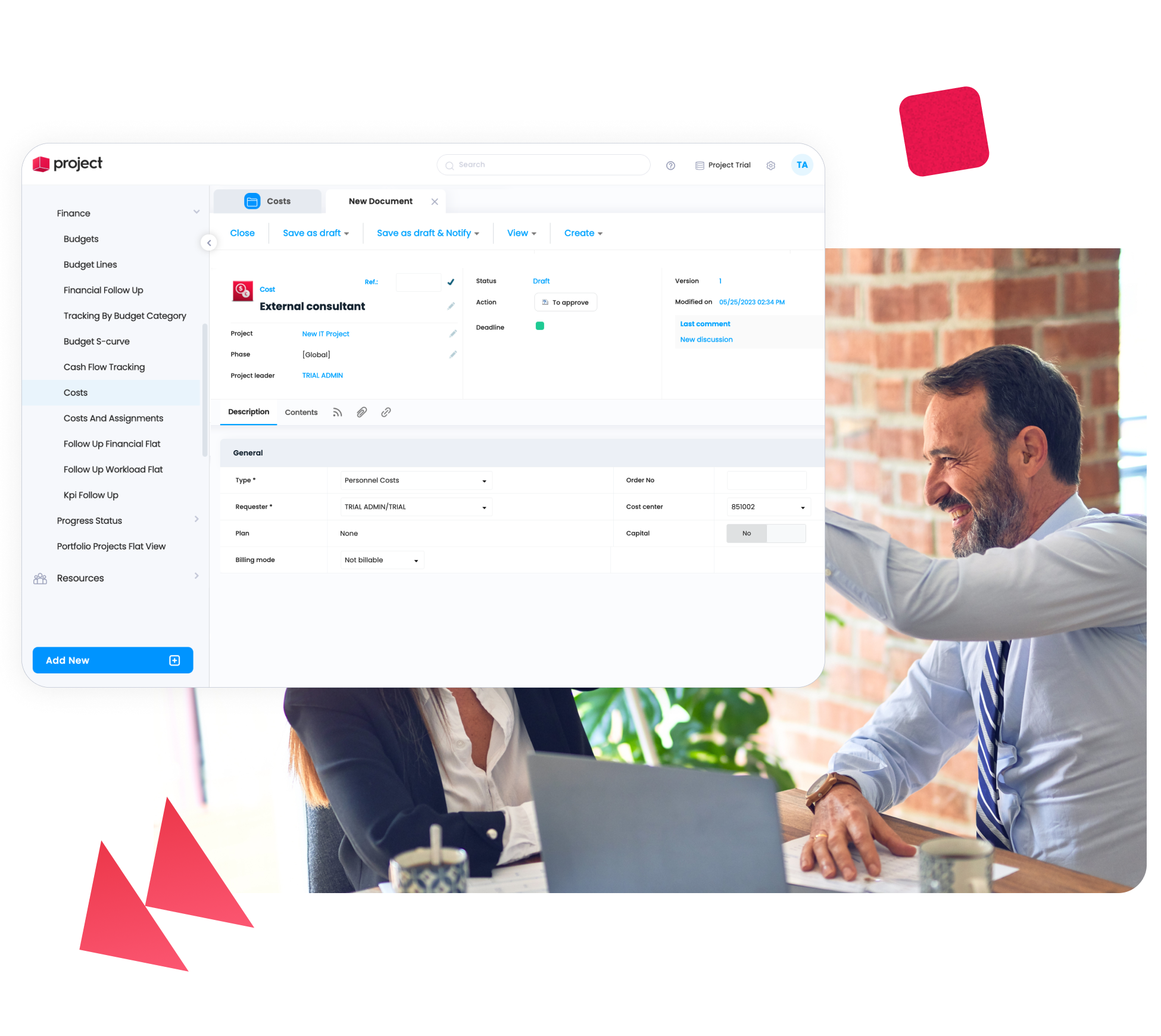
Here are some.
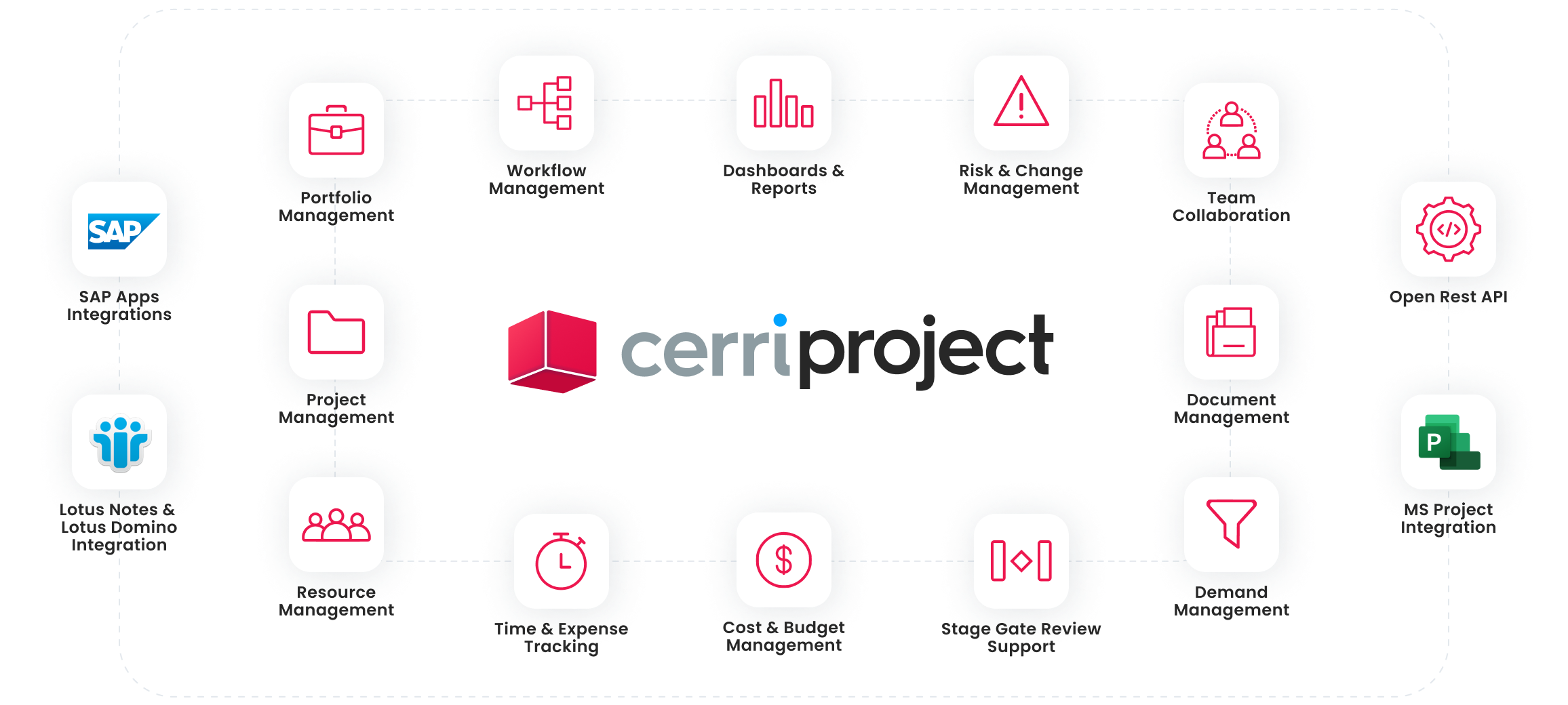
Time tracking in project management refers to the process of monitoring and recording the time spent by team members on various project-related activities. This can include time spent on specific tasks, meetings, or other project-related work.
Time tracking is an important aspect of project management because it enables project managers to monitor the progress of the project, ensure that it is on track, and identify potential bottlenecks or issues that may require additional resources or changes to the project plan.
By tracking time spent on various project-related activities, project managers can also identify areas where improvements can be made to increase efficiency and productivity. For example, if team members are spending a significant amount of time on low-priority tasks, the project manager may choose to reassign those tasks or adjust the project plan to better prioritize higher-value activities.
Time tracking can also help project managers estimate the time required to complete future projects, based on historical data from similar projects. This can help ensure that future projects are properly scoped and resourced, and that they are completed on time and within budget.
Overall, time tracking is a critical aspect of project management that enables project managers to monitor project progress, identify potential issues, optimize resource utilization, and improve project outcomes. Time tracking can be done manually, using spreadsheets or other tools, or more efficiently using project management software like Cerri Project that includes time tracking functionality.
A timesheet, like the ones in Cerri Project, is a document used to record the amount of time spent by an employee on various tasks or activities, typically in a work environment. Timesheets can be used to track the time spent on different projects, tasks, or clients, and are often used to calculate payroll and project costs.
A typical timesheet includes several columns, including the date, the project or task name, the start and end times, and any notes or comments related to the work performed. Some timesheets may also include additional columns for tracking overtime, vacation time, or sick leave.
In project management, timesheets can be a valuable tool for tracking project progress and resource utilization. By recording the time spent on different tasks and activities, project managers can monitor project progress, identify potential bottlenecks or issues, and optimize resource allocation to ensure that the project is completed on time and within budget.
Overall, timesheets are a useful tool for tracking and managing employee time, project progress, and resource utilization, and can help organizations improve their productivity, efficiency, and profitability.
Yes, Cerri Project allows users to create new tasks directly from a timesheet provided that the user is authorized to create tasks not connected to a plan.
Expense tracking in project management is crucial for several reasons:
- Budget Management: Accurate expense tracking ensures that you are always aware of the financial status of your project, helping prevent overspending and guiding informed budgeting decisions.
- Financial Accountability: It provides a clear record of where project funds are being spent, promoting transparency and accountability.
- Project Efficiency: Tracking expenses can reveal cost inefficiencies, allowing you to make adjustments that can improve the cost-effectiveness of the project.
- Forecasting: By understanding your project expenses, you can more accurately forecast future project costs, aiding in strategic planning and resource allocation.
- Billing & Invoicing: Accurate expense tracking is essential for correct client billing, particularly in projects where expenses are passed on directly to the client.
Time and Expense tracking is integral to effective project budget management for the following reasons:
- Expense Control: Regular tracking helps to avoid unexpected costs and keep the project within budget.
- Resource Allocation: It allows you to understand how time and resources are being used, enabling more effective distribution of resources in the future.
- Billing Accuracy: Time and expense tracking ensure that client billing is accurate and substantiated, maintaining trust and transparency with clients.
- Performance Evaluation: By tracking time and expenses, you can identify any inefficiencies or issues that may be causing delays or cost overruns, helping you to improve project execution.
- Forecasting: Detailed records of time and expenses provide valuable data for forecasting future project costs, aiding in the preparation and management of subsequent project budgets.
In order to maximize your benefit from Cerri Project time & expense tracking software you have different options available to you.
- Book a demo with one of our specialists. They will show you how to leverage Cerri Project’s time & expense tracking tools to meet the specific requirements of your organization.
- Check out our help portal.
- Contact us for more in depth consulting services.







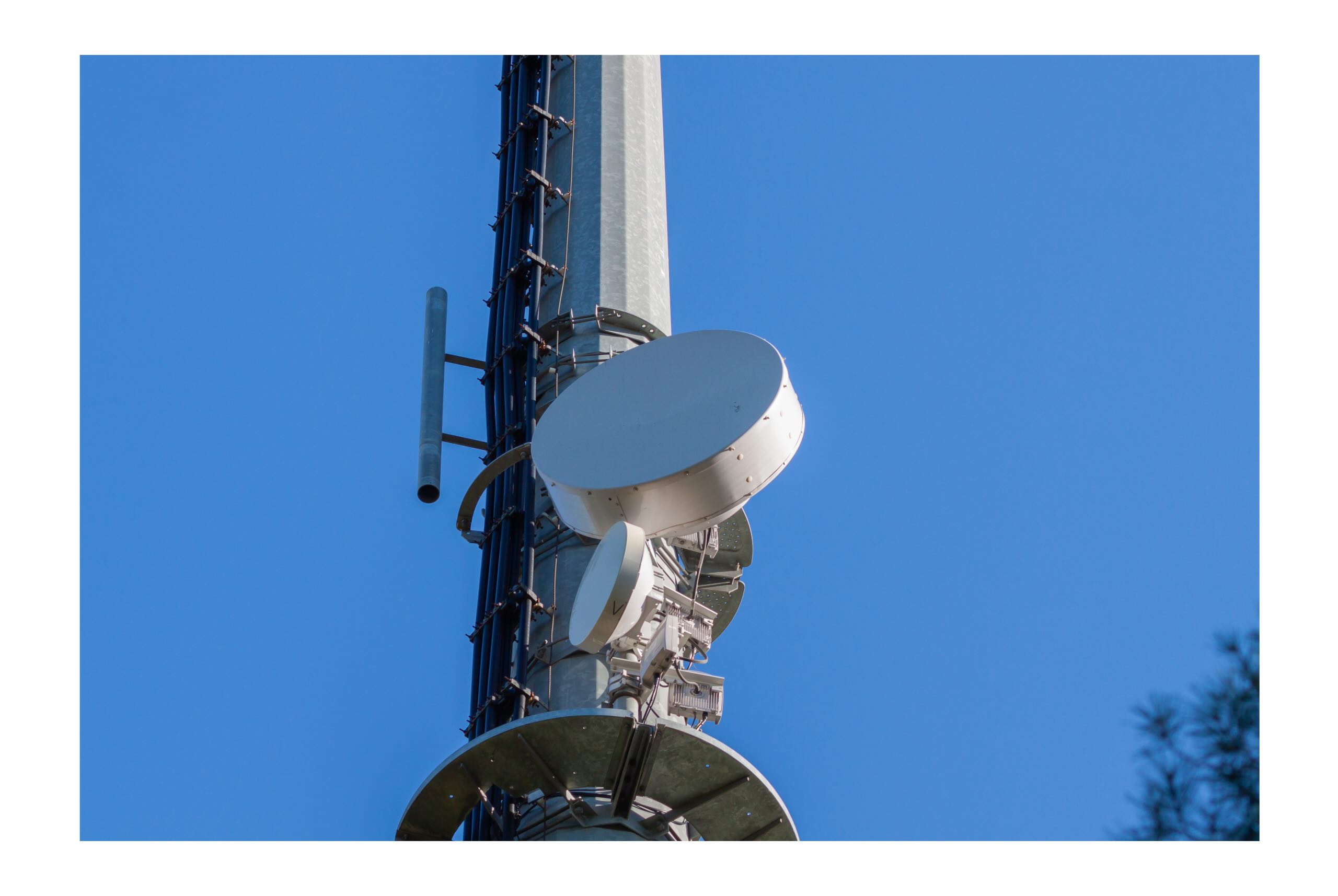





 Task Management
Task Management 




















 Customization
Customization
